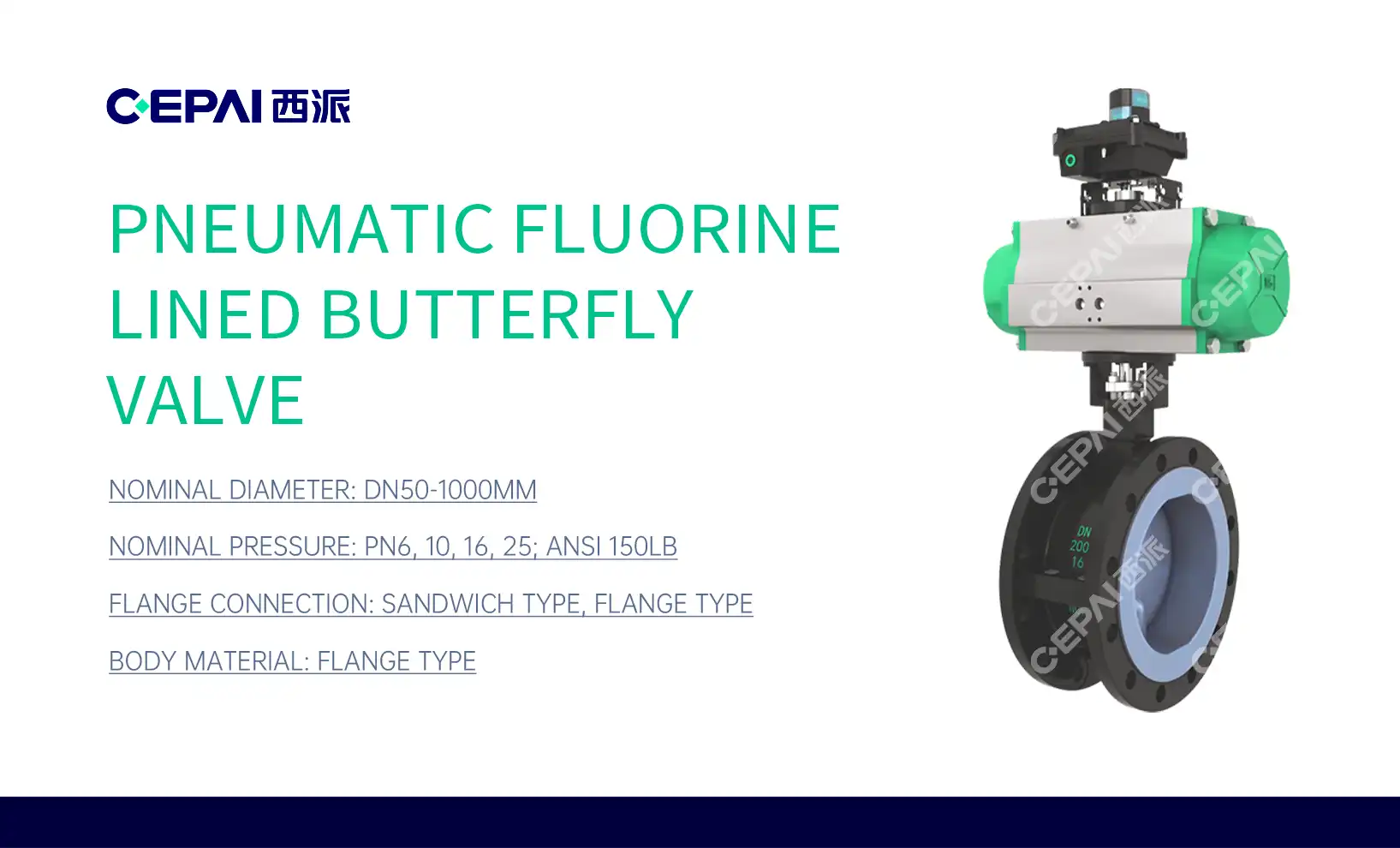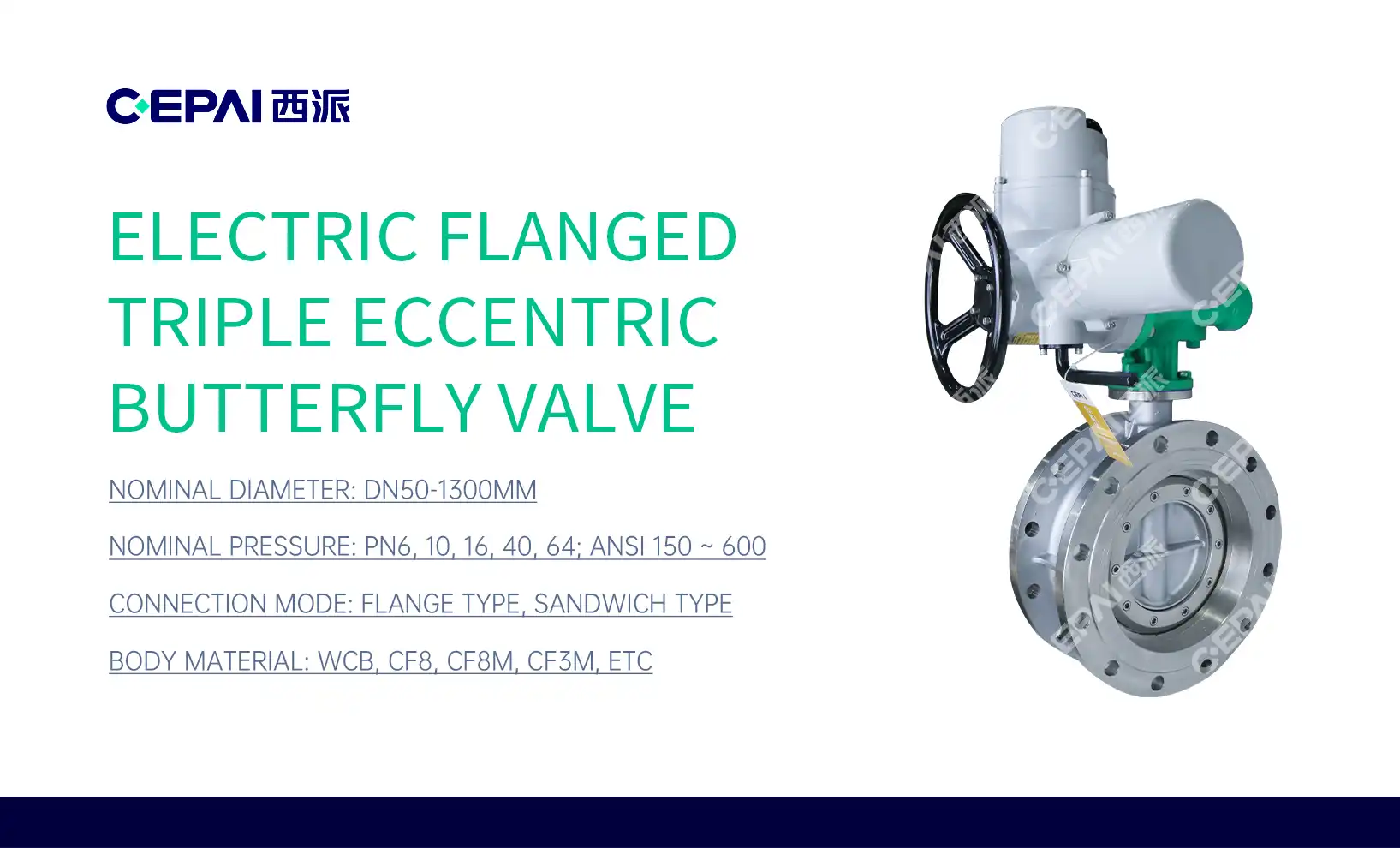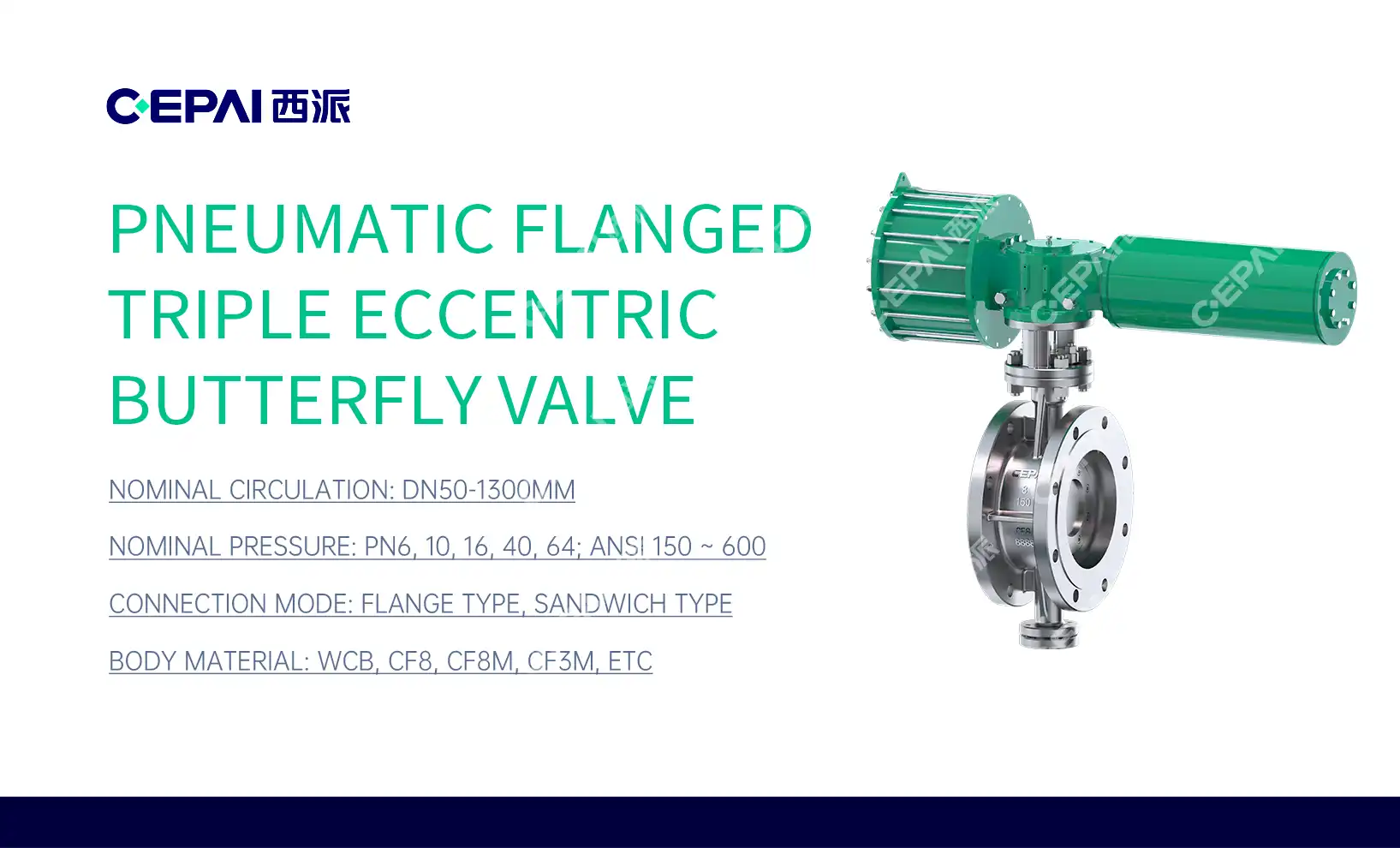Electric Ball Valve Suppliers: How to Choose the Best One
Selecting the right electric ball valve supplier can make or break your industrial operations. These automated valves play a crucial role in controlling fluid flow across various industries, from oil and gas to water treatment facilities. The challenge lies in finding a supplier who delivers quality products, reliable service, and technical expertise. This guide walks you through the essential factors to consider when choosing an electric ball valve supplier, helping you make an informed decision that ensures smooth operations and long-term value for your investment.

Understanding Electric Ball Valves and Their Applications
Electric ball valves combine the simplicity of traditional ball valves with the convenience of automated control. These devices use an electric actuator to rotate a ball with a hole through its center, allowing or blocking fluid flow. The actuator receives signals from control systems, enabling remote operation and precise flow management.
Industrial Applications and Benefits
These valves find widespread use across multiple sectors. In oil and gas facilities, they control the flow of crude oil, natural gas, and refined products through pipelines. Water treatment plants rely on them for managing chemical dosing and water distribution. Manufacturing facilities use electric ball valves in process automation, where precise timing and remote control are essential.
The advantages of electric ball valves extend beyond simple automation. They offer quick response times, typically opening or closing within seconds. This rapid action proves invaluable during emergency shutdowns or when process conditions change suddenly. Additionally, these valves provide excellent sealing capabilities, minimizing leakage and reducing maintenance requirements.
Key Components and Features
Understanding the main components helps in evaluating supplier offerings. The valve body houses the ball and seats, while the actuator provides the turning force. Quality suppliers offer various actuator options, including quarter-turn and multi-turn designs. The control interface allows integration with existing automation systems, supporting protocols like Modbus, Profibus, or simple analog signals.
Material selection plays a vital role in valve performance. Stainless steel bodies resist corrosion in harsh environments, while specialized coatings enhance durability. Seat materials range from PTFE for general applications to metal seats for high-temperature service. A reputable supplier should guide you through material selection based on your specific application requirements.
Key Factors to Consider When Choosing a Supplier
Evaluating potential suppliers requires a systematic approach. Start by examining their credentials and track record in the industry. Look beyond marketing claims and focus on tangible evidence of their capabilities and commitment to quality.
Quality Certifications and Standards
Reputable suppliers maintain various certifications that demonstrate their commitment to quality. API certifications indicate compliance with American Petroleum Institute standards, crucial for oil and gas applications. ISO 9001 certification shows adherence to quality management principles. For international projects, CE marking confirms European safety standards compliance.
Beyond basic certifications, investigate the supplier's testing capabilities. Quality manufacturers conduct pressure tests, leak tests, and functional tests on every valve. Some facilities offer witnessed testing, allowing customers to observe quality control procedures firsthand. Ask about their inspection protocols and request sample test reports to understand their thoroughness.
Technical Support and Expertise
Technical support distinguishes excellent suppliers from average ones. Experienced suppliers employ engineers who understand valve applications across different industries. They should help with valve sizing, material selection, and actuator specifications. During the selection process, evaluate their responsiveness to technical questions and willingness to provide detailed recommendations.
Post-purchase support matters equally. Reliable suppliers offer comprehensive documentation, including installation guides, maintenance procedures, and troubleshooting resources. They maintain spare parts inventory and provide quick turnaround on repairs. Some suppliers offer training programs for your maintenance staff, ensuring proper electric ball valve operation and longevity.
Product Range and Customization Options
A diverse product portfolio indicates manufacturing capability and market experience. Leading suppliers offer various valve sizes, pressure ratings, and connection types. They should accommodate different actuator voltages and control signal requirements. Customization capabilities prove valuable when standard products don't meet specific needs.
Evaluate the supplier's flexibility in handling special requirements. Can they provide valves with extended bonnets for cryogenic service? Do they offer fire-safe designs for hazardous locations? Understanding their customization limits helps determine if they can grow with your changing needs.
Making the Final Decision: Evaluation Process
The selection process culminates in comparing multiple suppliers against your specific requirements. Create a structured evaluation framework that considers both immediate needs and long-term objectives.
Requesting and Evaluating Quotes
Prepare detailed specifications when requesting quotes. Include operating conditions, media properties, pressure and temperature ranges, and control requirements. Comprehensive specifications ensure accurate pricing and reduce misunderstandings later. Request itemized quotes that separate valve costs from actuator and accessory pricing.
Price comparison extends beyond initial purchase costs. Consider lifecycle expenses, including energy consumption, maintenance requirements, and expected service life. A slightly higher upfront investment often pays dividends through reduced operating costs and improved reliability. Ask suppliers about warranty terms and what they cover.
Checking References and Past Projects
Request references from similar industries or applications. Contact these references to understand their experiences with product quality, delivery reliability, and technical support. Ask specific questions about electric ball valve performance, any issues encountered, and how the supplier resolved problems.
Review case studies or project portfolios showcasing the supplier's experience. Look for projects with similar complexity or operating conditions to yours. Suppliers confident in their capabilities willingly share success stories and lessons learned from challenging applications.
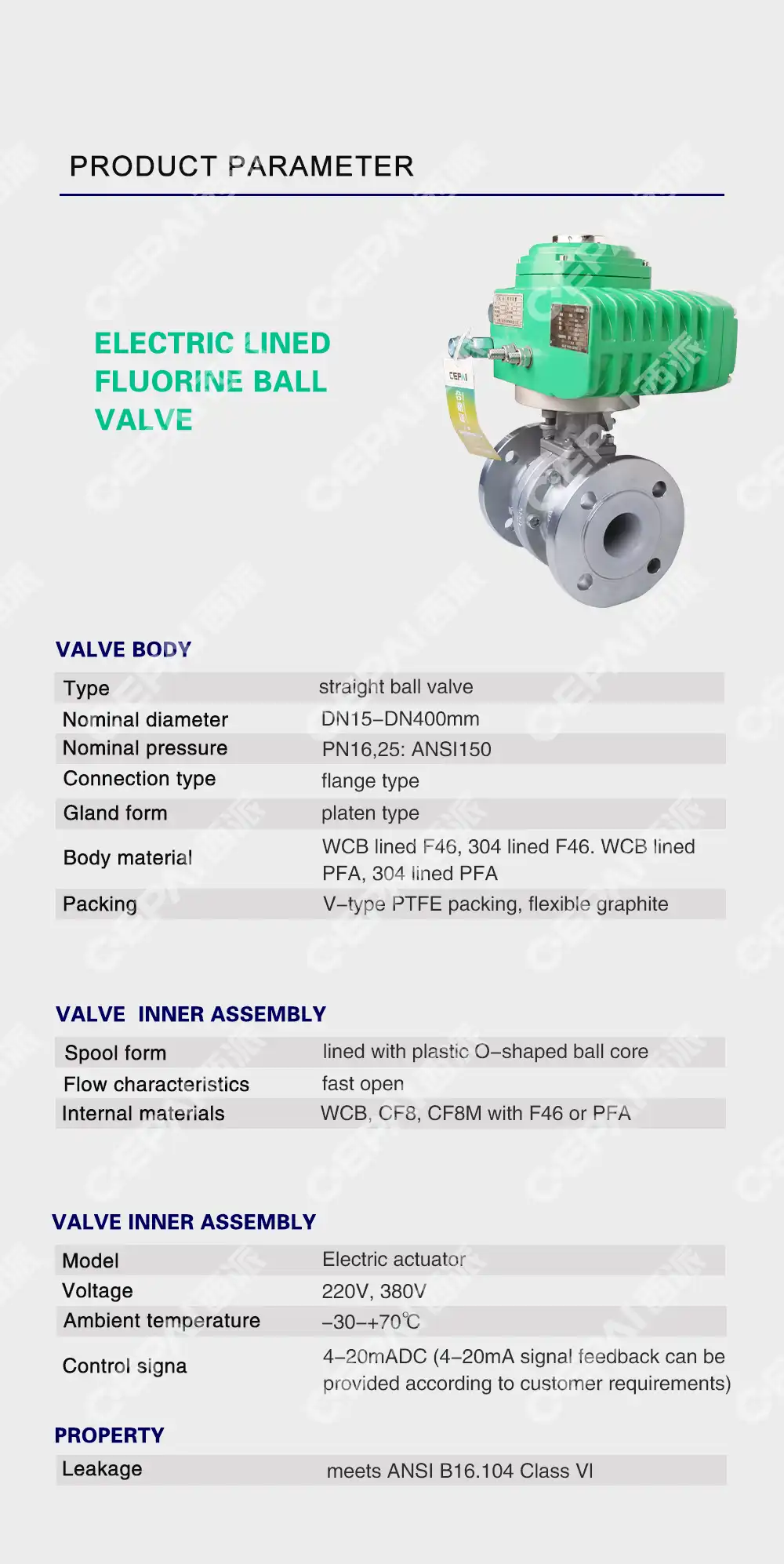
Delivery Times and Logistics
Production lead times impact project schedules significantly. Standard valves typically ship faster than customized solutions. Understand the supplier's manufacturing capacity and current order backlog. For critical applications, discuss expedited delivery options and associated costs.
International suppliers require additional logistics planning. Consider customs clearance, shipping methods, and local representation. Some suppliers maintain regional warehouses for faster delivery and local support. Evaluate their packaging methods to ensure valves arrive undamaged and ready for installation.
Conclusion
Choosing the right electric ball valve supplier requires careful evaluation of multiple factors. Focus on suppliers who demonstrate technical expertise, maintain quality certifications, and offer comprehensive support. Remember that the lowest price rarely delivers the best value. Instead, seek suppliers who understand your applications and commit to long-term partnership. By following this systematic approach, you'll find a supplier who delivers reliable products and supports your operational success.
FAQ
1. What certifications should I look for in an electric ball valve supplier?
Key certifications include API 6D for pipeline valves, ISO 9001 for quality management, and CE marking for European compliance. Industry-specific certifications like API 6A for wellhead equipment or NSF for water applications may also apply.
2. How do I determine the right valve size and actuator specifications?
Proper sizing requires understanding flow requirements, pressure drop limitations, and control characteristics. Reputable suppliers provide sizing software or engineering support to help select appropriate valves and actuators based on your process conditions.
3. What's the typical lead time for electric ball valves?
Standard valves often ship within 4-6 weeks, while customized solutions may require 8-12 weeks. Factors affecting lead time include valve size, special materials, actuator specifications, and current production schedules.
Your Trusted Electric Ball Valve Manufacturer | CEPAI
CEPAI Group stands as a leading manufacturer specializing in high-quality electric ball valves and industrial automation solutions. Our commitment to excellence drives us to maintain stringent quality standards throughout design, manufacturing, and testing processes. With certifications including API Q1, API 6A, API 6D, and ISO 9001, we ensure every valve meets international standards. Our experienced engineering team provides comprehensive support from product selection through installation and maintenance. Contact us at cepai@cepai.com to discuss your electric ball valve requirements and discover how our expertise can enhance your operations.
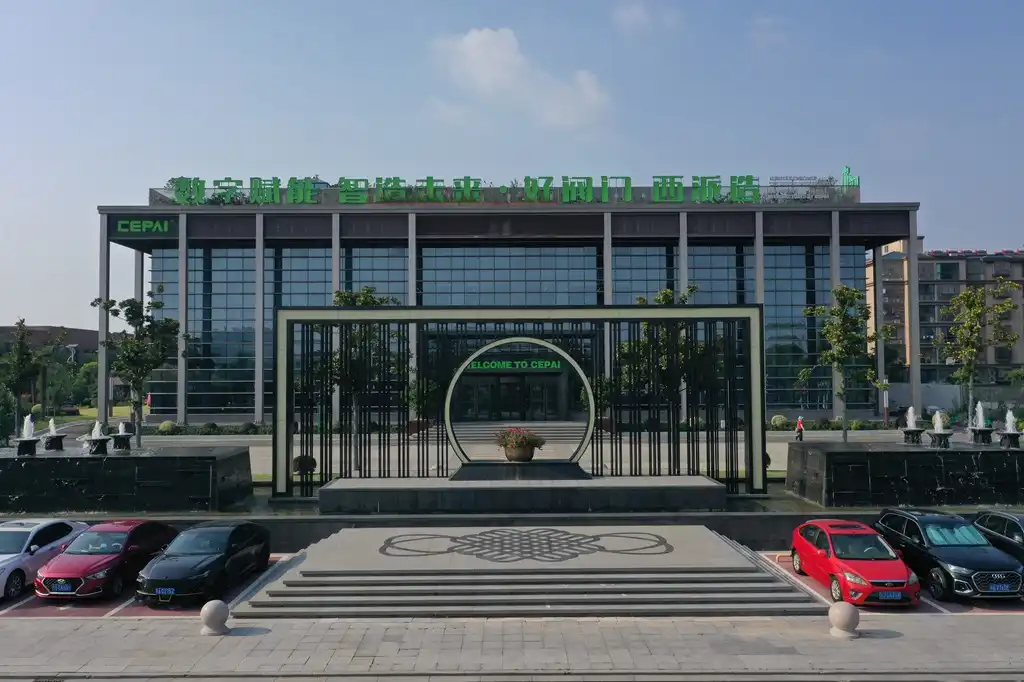
References
American Petroleum Institute. "API Specification 6D: Pipeline and Piping Valves." 25th Edition, 2021.
International Society of Automation. "Control Valve Handbook: Theory and Practice of Control Valve Sizing and Selection." 5th Edition, 2019.
Nesbitt, Brian. "Handbook of Valves and Actuators: Valves Manual International." Elsevier Science & Technology, 2022.
Smith, Peter. "The Valve and Actuator User's Manual: Standards, Selection, Installation, and Maintenance." McGraw-Hill Education, 2020.
Fluid Controls Institute. "Electric Actuators for Industrial Valves: Selection and Application Guidelines." Technical Report FCI-2023, 2023.
Process Industry Practices. "Guidelines for Application of Valves in Process Piping Systems." PIP PCCV001, Revision 4, 2021.
_1746598525968.webp)
Get professional pre-sales technical consultation and valve selection services, customized solution services.
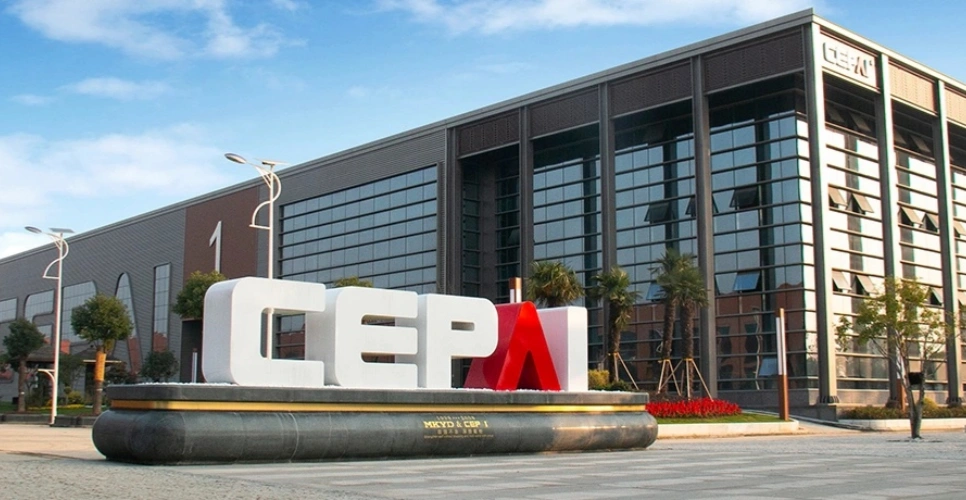
About CEPAI
